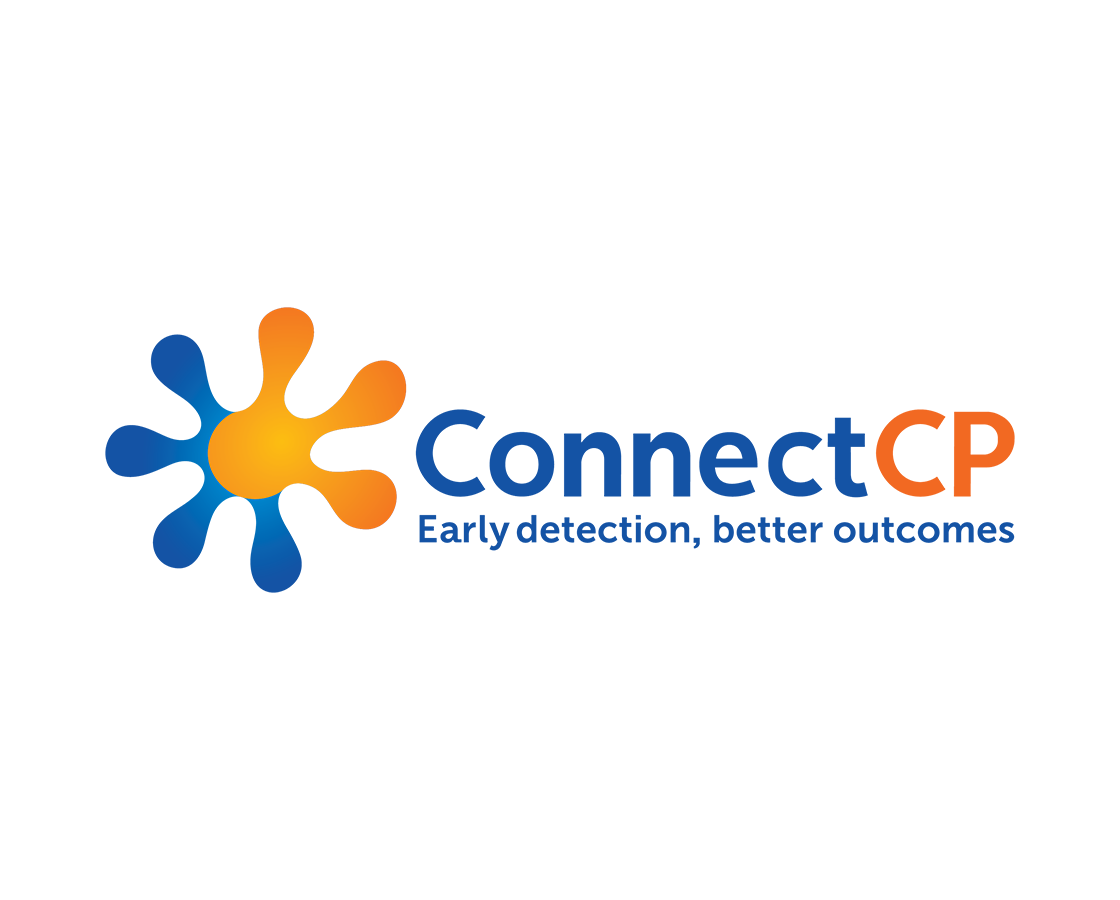Search
Research
Combatting the Normalisation of Sports Gambling and Aggressive Marketing Tactics that Compromise the Mental Health and Wellbeing of Australian YouthSports gambling has become increasingly normalised among young people, with the proliferation of sponsorship deals and a 300% rise in the number of gambling advertisements in the past 7 years.

Research
CONNECT-CP (A Clinical Research Program to Improve Connection, Access and Translation of Evidence in Cerebral Palsy)CONNECT-CP aims to diagnose cerebral palsy (CP) earlier and ensure all children in Western Australia (WA) have access to early assessment and support.
Research
COVALIA (COVid vaccine trial for austrALIA): A phase I, double-blind, dose-ranging, randomised, placebo-controlled trial to study the safety and immunogenicity of a DNA-based vaccine against COVID-19 (COVIGEN) in healthy participants aged 18 to 75 years oPeter Richmond MBBS MRCP(UK) FRACP Head, Vaccine Trials Group Head, Vaccine Trials Group Professor Peter Richmond is Head of the Vaccine Trials Group
Research
DEFEND CF: Biomarkers to define the treatment end-point for pulmonary exacerbations in cystic fibrosisSensitive and reliable tests are required to monitor lung disease severity in cystic fibrosis.
Research
Defining the cellular immune response to vaccines for enhanced protection from invasive pneumococcal diseasePeter Lea-Ann Ruth Richmond Kirkham Thornton MBBS MRCP(UK) FRACP PhD PhD Head, Vaccine Trials Group Co-Head, Bacterial Respiratory Infectious Disease
Research
Developing a ‘Food Atlas’ for Western Australia to map, measure and monitor food accessThis unique interdisciplinary project, funded by Healthway, aims to develop a Food Atlas tool for mapping, measuring, and monitoring food access across Western Australia.
Research
Developing a novel therapeutic pipeline for antibiotic resistant bacterial lung infection in children: investigating and assessing the potential phage therapyAntimicrobial resistance is a global health crisis, which has accelerated due to the overuse of antibiotics.
Research
Developing and characterising juvenile models of aggressive paediatric brain cancers for the evaluation of novel immunotherapies.While profound treatment responses have been realised using immunotherapy for some cancer types, this is yet to be seen for paediatric brain cancer patients.
Research
Development of a screening tool to identify safer biodieselsAlexander Anthony Larcombe Kicic BScEnv (Hons) PhD BSc (Hons) PhD Honorary Research Fellow Rothwell Family Fellow; Head, Airway Epithelial Research

For thousands of children around Australia with intellectual and other disabilities, the process of eating can be traumatic, posing challenges that veer from uncomfortable to life threatening.
